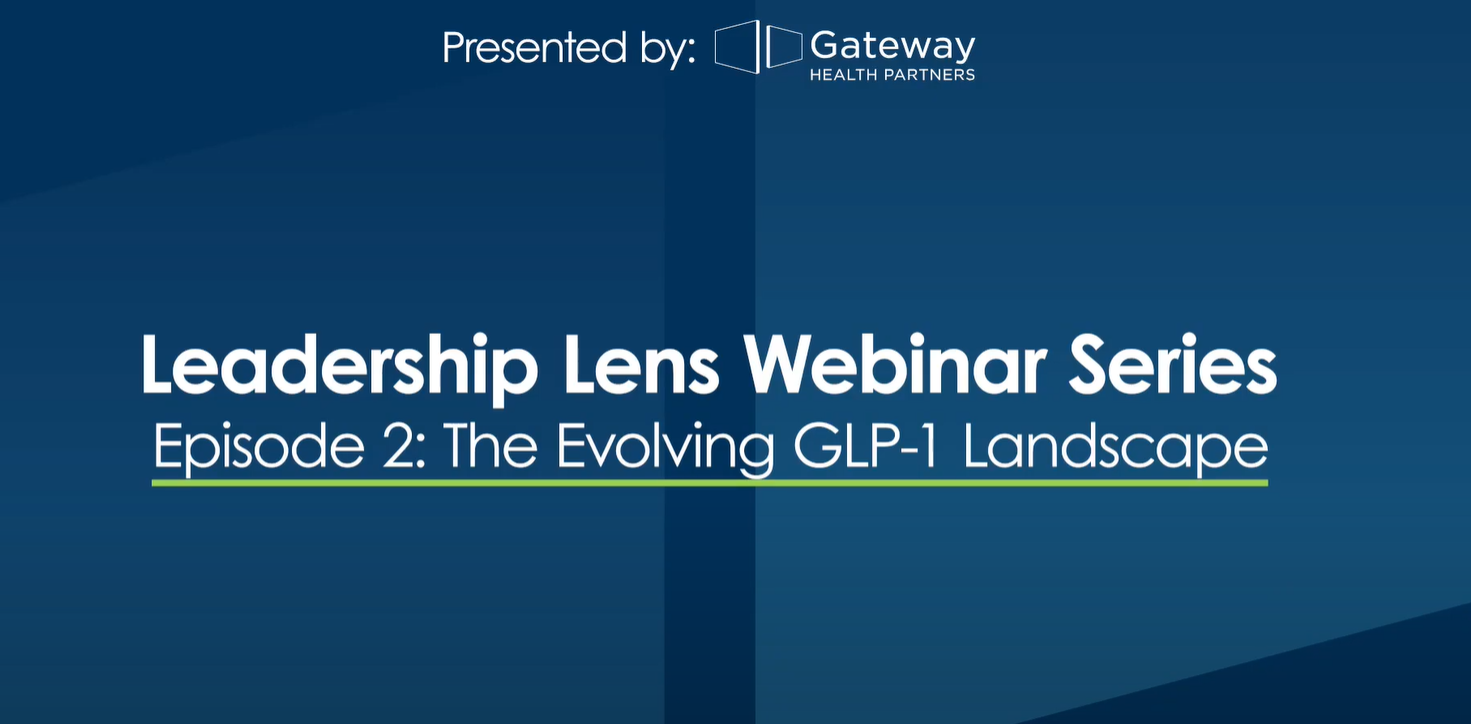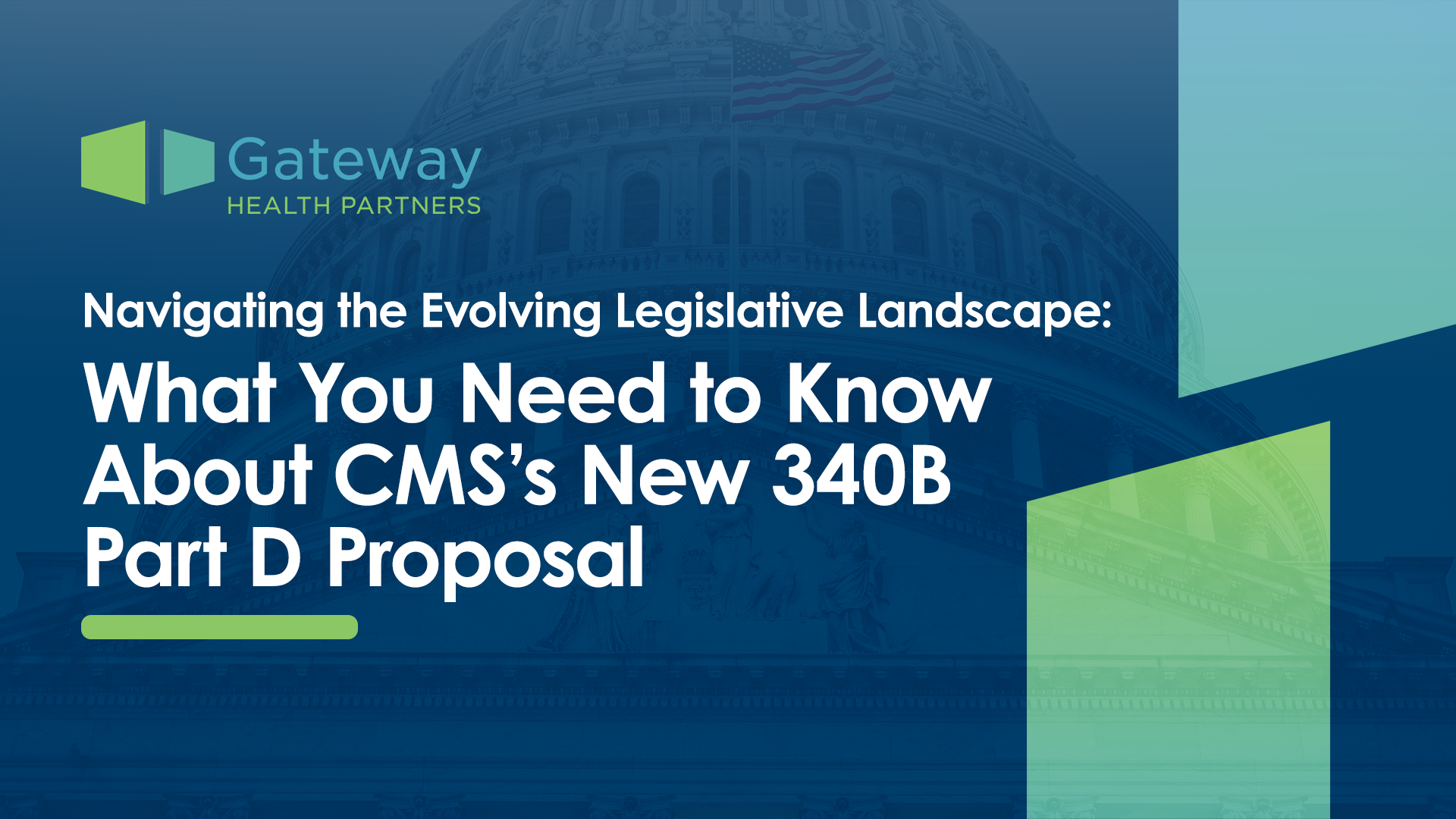This is the first in a series of legislative updates from Mike Strahan, Senior Vice President of Strategy at Gateway Health Partners.
After more than two decades as a healthcare attorney, including time spent leading legal strategy and operations for a major PBM and helping launch Ascent Health Services, I’ve had a front-row seat to the complexities of the pharmacy landscape. From manufacturer negotiations to formulary management, I’ve learned that success requires not only insight but foresight.
Today, one of the most dynamic and newsworthy areas reshaping our industry is the evolution of GLP-1 medications.
GLP-1s Continue to Gain Ground
Initially approved for diabetes, GLP-1s have gained national attention for their effectiveness in treating obesity and continue to expand their clinical reach rapidly. Most notably, the FDA approved Wegovy® to reduce the risk of overweight or obese patients with cardiovascular disease. This expanded indication now qualifies Wegovy® for Medicare Part D coverage under that use, marking a shift in how payers might approach this therapeutic class.
Obesity-Only Coverage Still Remains Uncertain
In late 2024, the Biden administration proposed expanding Medicare and Medicaid coverage to include GLP-1s for obesity alone. However, in April 2025, the Centers for Medicare & Medicaid Services (CMS) withdrew the proposal, leaving GLP-1s uncovered for obesity alone across Medicare populations. This reversal continues to raise uncertainty and questions for plan sponsors navigating access, cost and value.
Price Negotiations Add Another Layer
Complicating matters further, GLP-1s Ozempic®: Rybelsus® and Wegovy® have also been selected for the upcoming round of Medicare Drug Price Negotiations under the Inflation Reduction Act. Adding to the uncertainty, an April 2025 Executive Order from the Trump administration directed the U.S. Department of Health and Human Services (HHS) to review the program, emphasizing both cost containment and pharmaceutical innovation protection. How this directive will ultimately reshape pricing and access for this drug class remains to be seen.
Looking Ahead
A recent Aon study suggests GLP-1 coverage may reduce long-term medical costs for adherent patients, but plan sponsors are right to ask: at what price and under what conditions?
At Gateway Health Partners, we track these developments closely and remain committed to helping our clients stay informed about regulatory shifts. Our team partners with clients to help them understand this evolving landscape, model net cost impacts, evaluate emerging coverage scenarios, and align formulary strategies with long-term goals.
We know that with GLP-1s, there is no one-size-fits-all answer, but with a partnership focused on providing you with clarity, insights and expertise every step of the way, you can move forward confidently.
Have Questions? We’d love to help you navigate them.
Reach out to Mike Strahan at [email protected] to learn more



